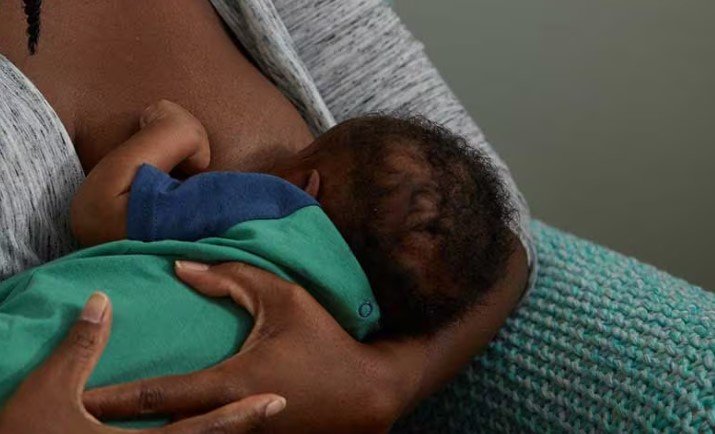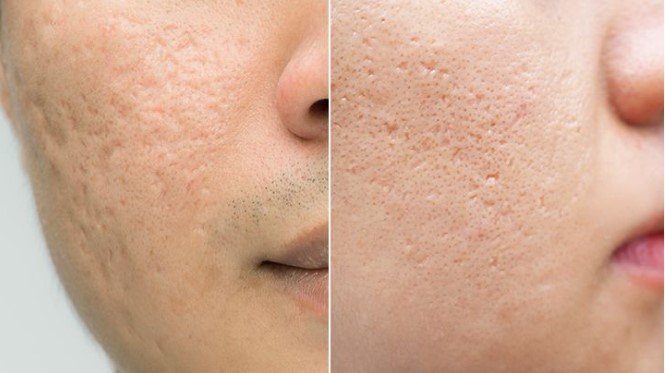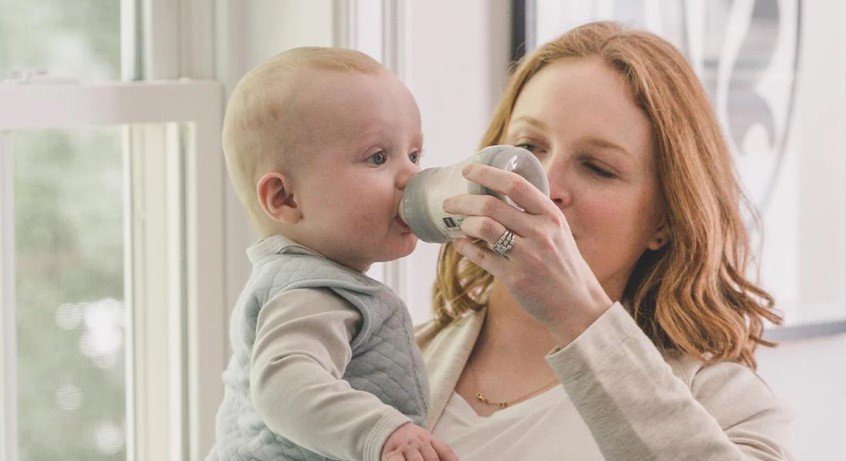Pediatric Facts & Figures On Amount Of Milk For A Newborn

After the newborn steps in, the first thing every mother gets puzzled about is how much milk a newborn drink when he arrives home. Not much to worry about, we have developed this blog to take nice care of all the essentials of mother milk for your sweetie. This help guide covers all the essentials for a newborn right after his birth.
Although he doesn't need to consume any milk for the first 24 hours after post-delivery it becomes your duty to start feeding your little one with your breast milk. After 24 hours post-delivery your little one requires 8 to 12 times a day after a subsequent delay of 2 to 3 hours. Feeding them both breast milk also is excellent for taking care of your breasts and not developing a chance for slacker breast issues. Thus, feed your little one your breast milk from both breasts. The right amount could be anywhere between 2 to 3 ounces (60-90 milliliters) in every 2 to 3 hours.
How To Realize If My Baby Is Hungry?
If your newborn is premature birth, under certain conditions, or treatment then you need to consult a pediatrician for a better cure and advice. For normal birth newborns, the baby starts crying for her mother and it's an alarm bell for you all. Mothers' cues are that mothers see in the baby when their stomach is empty. But the most efficient way is to look for your baby rather than make your baby an alarm.
Keep checking in between if he's happily playing or resting. Small babies need attentive care and eat timely, it helps them grow potentially better to form a healthy body. Mother's milk is heaven on this earth and if a newborn is well fed in the initial age, it helps develop great bones, muscles, and form tissues in the right order. Not all the mommies understand these things and often look for their crying to see if they're hungry.
Some of the typical signs hungry baby shows with their gestures are as below:
- Lip licking
- Tongue out
- Moving jaws or hands seeking milk
- Hands in the mouth often
- Fussiness
- Sucking everything
- Opening the mouth
Important: never believe the above signs are the only methods a baby can do when he's hungry. He can be silent as well. It's your responsibility to take care of a newborn at intervals.
Rules For Baby Feeding
Keep in mind when you have a newborn that all babies are different and their choices, feeding activities, sleeping habits, and others cannot be all the same. Once you realize this and treat your special little one, it becomes easy to feed him. However, many babies like to feed a lot while others fall asleep, and their trends are always dissimilar. Some babies go longer in feeding while others feel full in their tummies. Let's find out how much milk a newborn drink.
Right after Birth To 6 Months: Essential Milk Habits
Most newborns frequently drink breast milk. Babies at initials feed after every 2 to 3 hours and 8 to 12 times a day. For the very initial days, a baby could only take half an ounce with each feed, which, however, goes up slightly as the newborn body progresses.
Afterward, they can move to 1 to 2 ounces at each feed and the amount keeps increasing continuously. 2 to 3 ounces of change can be seen every 2 weeks at the initial stage.
A. Babies need 4 to 5 ounces after every 3 to 4 hours at the age of 2 months. Babies, however, seek only 4 to 5 ounces of milk depending upon the situation.
B .Your newborn requires only 4 to 6 ounces of breastmilk per feed at the age of 4 months, which although continuously changing.
C. Babies normally require 8 ounces of feed at the age of 6 months. Although, the frequency could be 4 to 5 hours.
Most babies who drink formulated milk can drink 1 ounce each month. It levels the feeding to 7 to 8 ounces of feed. Although, solid foods are only advised to start after 6 months.
Overfeeding Or Underfeeding A Newborn
This is one of the most important concerns over feeding a newborn. Babies are good enough to consume to fill their tummies, infants who are dependent on the bottles can go for overfeeding. Bottle feeding requires less time and less effort, which is why infants may overfeed themselves while littles find it hard to suck from breasts.
Overfeeding babies can develop certain conditions such as stomach discomfort, acidity, and vomiting. This could develop into obesity as they become teenagers. Anyone can use pacifiers, which are given after feeding to help digest the milk and soothe a healthy body. A breastfed baby doesn't require pacifiers until they turn 3 to 4 weeks. Their immune system isn't developed yet, so it is always better if you speak to your pediatrician before giving anything.
Is Baby Eating Enough Milk?
Most of the mommies are worried about their little ones and they are supplied enough milk to stay healthy. You can understand it in two ways, which are going to be explained below:
Diapers Changing
A diaper can indicate if the baby is fed enough milk. In the beginning, the babies only allow 2 to 3 diapers to be changed. In just 5 days, it can be more frequent up to 5 diapers in a day. The frequency of the stool is frequent no matter whether your baby breastfeeds or depends on formulated milk.
Development Charts
Babies need regular health checkups at an early age, any deficiencies in the health may go on for a week as the baby's body has not developed with the immune system. A development chart can help you decide better how much milk your little one requires so you can feed him accordingly to satisfy his tummy.
Ending Words On Newborn Drink,
There's no mathematics for feeding your baby. If he's gently playing and enjoying the bed or resting peacefully, the babies full. If not, he signals. However, initially, you should feed the baby frequently in 2 to 3 hours and as the year progresses and he's capable of sucking more milk in less time, then you can reduce the amount of breastfeeding. Babies who depend on formulated milk can follow the pediatrician's help. He's the right person to examine your baby and advise the right formulated milk for your baby.
We've written several blogs on baby care and mother care, which can be found in the categories at the top of this webpage. Browse and learn more about baby care tips and guides.













